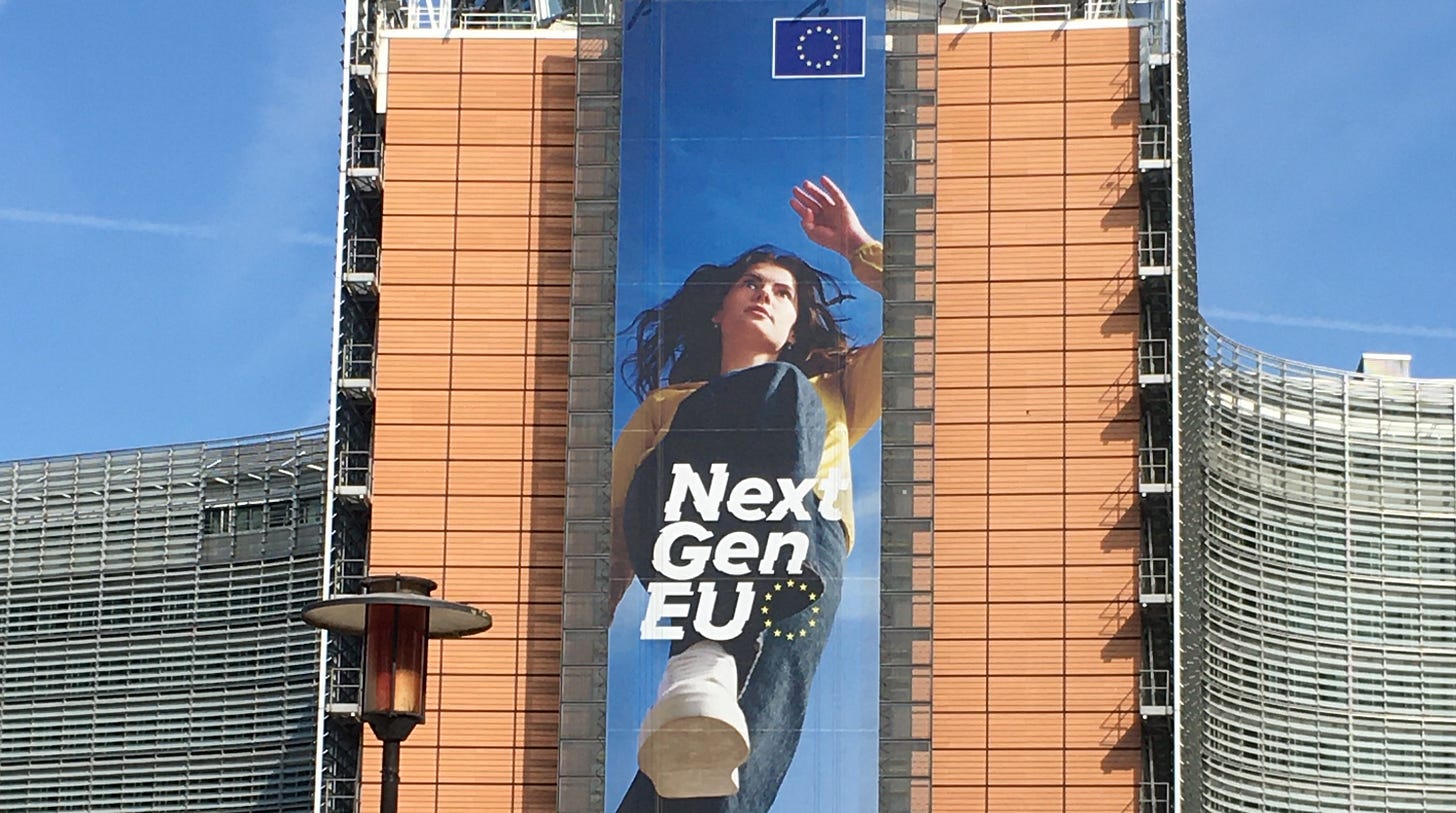For two weeks in Belgium and Luxembourg the weather was glorious: sunny, mid-60’s and mid-70’s, not a cloud in the sky. I remarked to my host several times how wonderful it was, especially since it had been pouring rain when I left the U.S. “We have a major drou…
© 2025 Jason Steinhauer
Substack is the home for great culture


